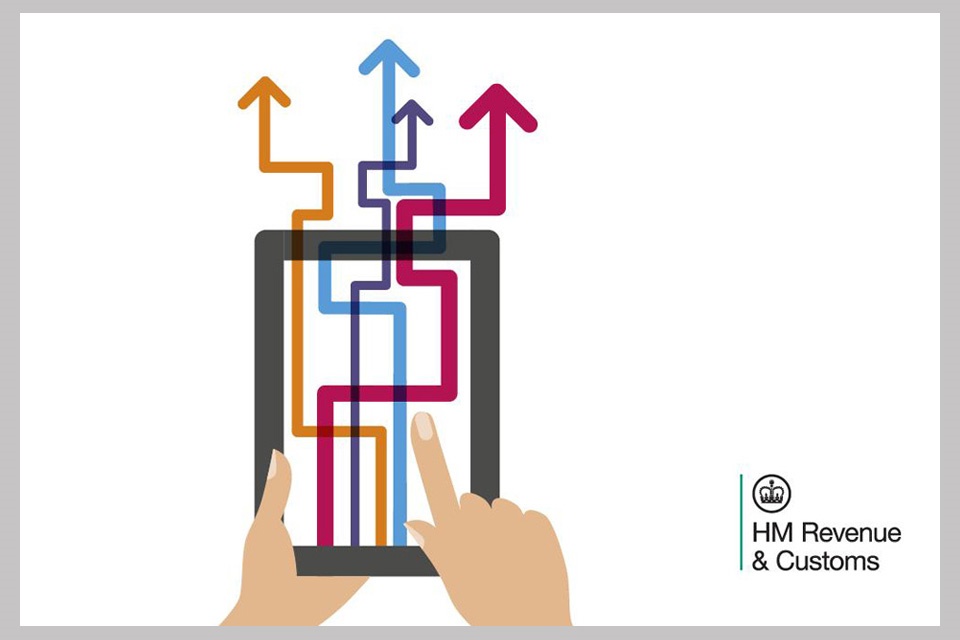VAT registered businesses, with an annual turnover above the £85,000 VAT registration threshold, were required to comply with the making tax digital (MTD) regulations for VAT periods beginning on or after 1 April 2019. This means using MTD for VAT compliant software which is capable of directly filing the nine box VAT return with HMRC. In effect, all VAT data should now flow through accounting systems without manual intervention, such as re-typing or copying and pasting figures.
HMRC has not been imposing penalties for non-compliance with those rules, preferring to nudge businesses with letters and advertising campaigns instead. However, HMRC is starting to take a tougher approach with traders who should have but have not signed up to MTD.
For those businesses whose annual turnover is less than the VAT registration threshold of £85,000, HMRC did not require MTD-compliance from April 2019. Such businesses could continue to prepare their VAT returns without using MTD-compliant software and file their returns via HMRC’s on-line portal. But from 1 April 2022, this changes.
From 1 April 2022, all VAT registered businesses (irrespective of their annual turnover) must join the MTD for VAT regime, unless an exemption such as digital exclusion applies (exemptions are very limited).
Digitisation of your VAT reporting isn’t as daunting as you may think, with the right support. The best and easiest way to comply is to prepare your books and VAT returns using MTD-compliant accounting software. Examples include Xero, Freeagent and Quickbooks.
If you are a VAT registered business who has yet to join MTD and your accounting systems are not MTD-compliant, you should start the process of planning your move to compliant software without delay. We can advise on the best options available to you and give you hands-on support to make the transition.
If you need help with this or any other accountancy, tax and small business issues, get in touch for a no-obligation discussion – see our Contact Us page for how to reach us.
Keeping you compliant | Saving you tax | Helping you grow
Information in this publication is intended to provide only a general outline of the subjects covered. It should neither be regarded as comprehensive nor sufficient for making decisions, nor should it be used in place of professional advice. Whyatt Accountancy and the writer accept no responsibility for any loss arising from any action taken or not taken by anyone using this material.

